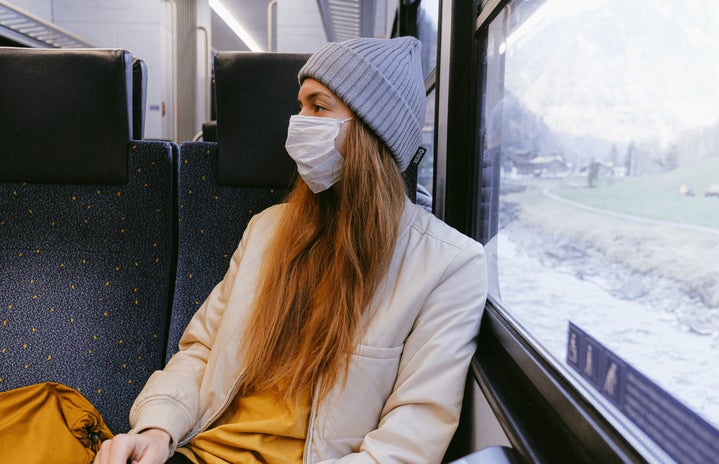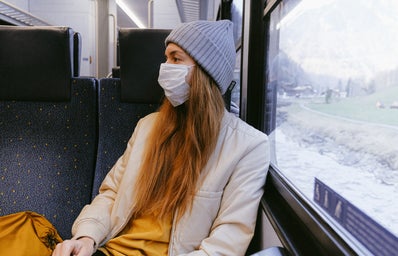The opinions and experiences expressed in this article are the author’s own. This article is not intended to be a substitute for professional medical advice, diagnosis, or treatment. Always seek the advice of your physician or other qualified health provider with any questions you may have regarding a medical condition.
The first time someone explained to me that grief could be for something other than the loss of a person, things started to click. Grief is loss- plain and simple. I don’t think that any one sort of grief undermines another- it’s not a competition.
COVID-19 took a lot away from everyone. For many, it took loved ones- and that tragedy is unspeakable. For others, it took jobs, houses, graduations, weddings, years of school, mental health, sanity- also devastating in their own ways. For a while, I bought into the concept that because the former hadn’t happened to me, I had no right to be as heartbroken as I was over what I did lose. Many people I’ve talked to about this, as well as some that have texted into the Crisis Text Line (people in literal mental health crises), where I volunteer, have shared this sentiment that it is somehow superficial to grieve everything that this pandemic has taken away. It looks different for everyone, but part of healing and moving forward has to be acknowledging the pain.
Learning that I was leaving school in March and that we would not be returning in August were both incredibly painful, but at the time I felt guilty for feeling so deeply devastated because it could have been worse. As time went on, I had to reconcile feeling glad the school was keeping me and my peers safe alongside feeling crushed in losing an entire year of my college career. I could be grateful that my loved ones and I are safe while allowing myself to mourn the large fragment of life that I was losing.
Everyone has something (or many things) to grieve from the pandemic- the range is enormous. What matters is that we let ourselves feel and process these emotions. The pandemic has drastically altered our “normal” lives in a way that nobody could have comprehended a year ago, and I think that we deserve a lot of grace and patience with how we handle it. Many people, including myself, are really good at policing our own feelings about something that is completely unprecedented and earth-shattering in so many different ways. Keeping perspective, but that can coexist with grieving what we’ve all lost. We don’t have to stifle our heavy hearts to make room for optimism.



